Navigating real estate considerations in Texas estate planning is essential for property owners. Texas’s unique laws offer both opportunities and challenges. This guide delves into the crucial elements every Texan should know.
Welcome to the World of Texas Estate Planning!
Imagine inheriting a ranch the size of a small country. Only in Texas, right? Well, whether your estate is sprawling acreage or a cozy suburban home, understanding real estate considerations in Texas estate planning is like finding the secret recipe to your grandma’s famous pecan pie. It’s essential, and everyone wants a piece of it!
Why should you keep reading?
Simply put, to avoid turning your estate into a Wild West showdown for your heirs. Our guide dives deep into the heart of estate planning in Texas, focusing on the juicy bits: real estate. From the Homestead Exemption hero to the villainous probate process, we cover it all.
We’re here to navigate the maze of laws, taxes, and strategies that make up the Lone Star State’s estate planning landscape. And we promise, no legalese or boring lectures. Just straight talk, helpful tips, and maybe a chuckle or two.
So, saddle up, partner!
Whether you’re a seasoned rancher or new to the rodeo, there’s something in this journey for everyone. Let’s demystify Texas estate planning together, making sure your legacy is as legendary as the state itself.
Overview of Texas Estate Planning Laws
Estate planning in Texas encompasses more than just drafting a will. It involves comprehensive strategies to manage assets, including real estate, upon death or incapacitation. Texas law provides various tools for this purpose. Familiarity with these options allows for tailored estate planning, addressing specific family needs and asset distributions.
The Role of Real Estate in Estate Planning
Real estate often embodies the most valuable asset in an estate. Its inclusion in estate planning is not just about asset distribution. It’s about legacy preservation, tax minimization, and ensuring your family’s future. Effective estate planning addresses these aspects, making real estate a pivotal focus.
Texas Homestead Exemption and Estate Planning
The homestead exemption in Texas offers significant protection for homeowners. It shields a portion of the home’s value from creditors and can affect estate tax exposure. Understanding its role and benefits is paramount. This exemption ensures your primary residence is secure, providing peace of mind.

Transferring Real Estate in Texas
Transferring real estate upon death can be complex. Texas allows for various methods, including wills, trusts, and transfer-on-death deeds. Each method serves different needs and circumstances. For example, transfer-on-death deeds can bypass the lengthy probate process, facilitating a smoother transition to heirs.
| Method of Transfer | Key Features and Considerations |
| Wills | – Asset distribution upon death. – Goes through probate. – Can be challenged in court. |
| Trusts | – Allows for management during life and distribution after death without probate. – Offers privacy and can be more difficult to challenge. |
| Transfer-on-Death Deeds | – Direct transfer of property to a beneficiary upon death without probate. – Easy to create and can be revoked. |
Probate Process for Real Estate in Texas
The probate process can be daunting. It involves validating a will, settling debts, and distributing assets. For real estate, probate can delay transfers and incur costs. However, strategic planning, like establishing a living trust, can avoid probate, benefiting heirs significantly.

Trusts and Real Estate Management
Trusts offer versatile solutions for managing real estate assets. They can provide for minor children, protect assets from creditors, and avoid probate. Whether revocable or irrevocable, trusts must be carefully structured. They ensure real estate assets are managed according to your wishes.
Impact of Taxes on Real Estate in Estate Planning
Taxes can significantly impact estate planning. Property taxes, inheritance taxes, and capital gains taxes must be considered. Effective planning seeks to minimize these taxes, preserving more wealth for heirs. For instance, properly structured transfers can reduce or eliminate certain tax exposures.
Avoiding Common Mistakes in Real Estate Estate Planning
Common mistakes can undermine estate planning efforts. Failing to update documents or overlooking potential tax liabilities are frequent issues. Awareness and proactive management are key. Regular reviews and adjustments ensure your estate plan remains effective and aligned with current laws and personal circumstances.
Legal Instruments for Real Estate Estate Planning
Various legal instruments play roles in estate planning. Wills, powers of attorney, and healthcare directives have implications for real estate decisions. Each serves specific purposes, from directing asset distribution to ensuring your wishes are honored in incapacity situations.
Case Studies and Examples
Real-life scenarios illustrate the importance of thorough estate planning. Case studies of successful and problematic estate plans highlight common challenges and solutions. They offer valuable lessons, emphasizing the need for detailed planning and professional guidance.
Future Planning and Real Estate
Estate planning is not a one-time task. It requires forward-looking considerations. Changes in laws, family dynamics, or asset values necessitate updates to your estate plan. Anticipating these changes ensures your real estate assets are protected and your estate plan remains relevant.

Professional Advice and Estate Planning
Seeking professional legal and financial advice is crucial. Estate planning is complex, especially when real estate is involved. Professionals provide expertise, ensuring your estate plan is robust, compliant with Texas law, and tailored to your specific needs.
Riding Off Into the Sunset
And there you have it, folks—the grand tour of real estate considerations in Texas estate planning. It’s been quite the rodeo, hasn’t it? We’ve lassoed the law, wrangled with taxes, and even danced around probate. Just like a Texas BBQ, it’s been a mix of spicy, savory, and a little bit sweet.
Remember, estate planning in Texas isn’t just about dotting your i’s and crossing your t’s. It’s about ensuring your piece of Texas, whether it’s a sprawling ranch or a cozy cottage, finds its way to the right folks without kicking up a dust storm.
So, why should you take another gander at this guide?
Because, my friend, knowledge is power—especially when it comes to protecting your boots, your bucks, and your backyard. Plus, who doesn’t love a good story about outsmarting the legal system with savvy planning?
As we ride off into the sunset, remember: your estate plan is your legacy. Make it as bold and grand as Texas itself. Until next time, keep your saddle oiled, your boots shiny, and your estate plan updated. Yee-haw!

Other Related Articles:
- Addressing Real Estate Disputes in Divorce: Premarital Planning and Property Division
- Securing Your Legacy: Why Drafting a Will is Vital for Your Estate
- Estate Planning and Asset Distribution: Key Considerations
- Financial Planning During Divorce: Navigating Assets and Debts in Family Court
- The Role Of TOD In Real Estate: How It Affects Property
- What Does Estate Planning for First Responders and Military Look Like Compared to Civilians?
- The Role of Probate Courts in Small Estate Settlement
- Probate and Real Estate In Texas: A Comprehensive Guide
- Estate Planning For Texas Landowners: What You Need To Consider
- Charitable Giving In Texas Estate Planning: Tax Benefits and Options
Frequently Asked Questions
In Texas, an estate includes all of the assets owned by someone at the time of their death, such as real estate, bank accounts, stocks, and personal property.
An estate plan in Texas is a set of legal documents that outline how an individual’s assets will be distributed upon their death, and can include wills, trusts, powers of attorney, and health care directives.
Yes, Texas is a community property state, meaning that most property acquired during the marriage is considered equally owned by both spouses and is subject to division upon divorce or death.
If someone in Texas dies without a will, their property is distributed according to state intestacy laws, which generally divide assets among the surviving spouse, children, or other close relatives.








